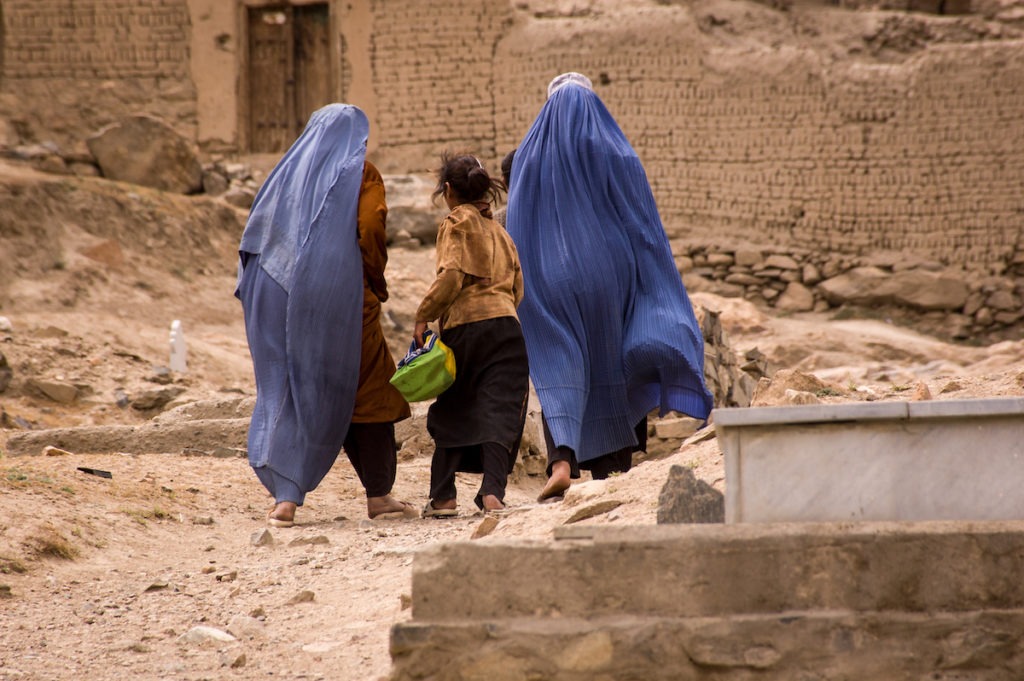UN Women has issued a status update on the rights of women and girls in Afghanistan, revealing a concerning and rapid shift to normalising gender discrimination and a curtailing of Afghan women and girls’ fundamental rights and freedoms.
The brief covers gender trends across work, education, healthcare, protection, freedom of movement and participation in public and political life, and was published almost five months since the Taliban takeover of Afghanistan in mid August 2021.
UN Women highlights reports of Taliban imposing rules requiring women to only travel outside their homes with a male companion, while families are creating their own self-imposed rules around the movement of women and girls, feeding into cultural perceptions of “honour”.
Despite the right of women to work being enshrined in the 2004 Constitution, numerous women have reported losing jobs under the Taliban, according to the report.
On education, UN Women noted a November 2021 study finding that girls only had access to secondary schools in seven of 34 provinces, after facing no restrictions on education in the lead up to August 2021. There is no country-wide policy guaranteeing equal access to education at all levels for boys and girls. And despite the Taliban promising women would be allowed to study at university, but just not alongside men — including via a plan to introduce gender segregation, dress codes and a review of subjects — these changes have not actually been implemented, according to UN Women.
Even before the 15 August Taliban takeover, studies had found around 87% of girls and women had experienced abuse in their lifetimes. Now since the takeover, UN Women finds that the coordination of comprehensive and quality services for survivors of violence has deteriorated, just as the needs for such services have increased. Many services have been forced to close down, where services that do still exist report receiving threats and being targeted for their work.
UN Women reports a number of factors behind the rise of gender-based violence in Afghanistan. These include women and girls being restricted to their homes, which sees violence spike, as well as displacement, loss of livelihoods, poverty and other factors compounding to make women and girls more susceptible to violence.
Meanwhile, there has been a dramatic reversal in progress on women’s participation in politics. While 28 per cent of parliamentarians were female prior to the Taliban, takeover, that figure has dropped to zero under the Taliban. Despite the Taliban’s promises of an inclusive government, there are no real plans to change the exclusively male structures in place. The Taliban has also abolished the Ministry of Women’s Affairs, established in 2001.
The media landscape has also changed extensively, with UN Women reporting that a significant talent pool of female journalists have fled the country, fearing retribution and persecution. Those female journalists still in Afghanistan have been barred from working, and or been the subject of attacks when covering things like women’s protests. Women working in humanitarian services are also facing challenges in participating in meaningful engagement.
UN Women has proposed three recommendations to help safeguard women’s rights and freedoms in Afghanistan, including: rebuilding the Afghan women’s movement; providing support services for women that are run by women; and establishing an independent human rights monitoring mechanism to monitor human rights by gathering evidence on what women are experiencing and ensuring accountability.


